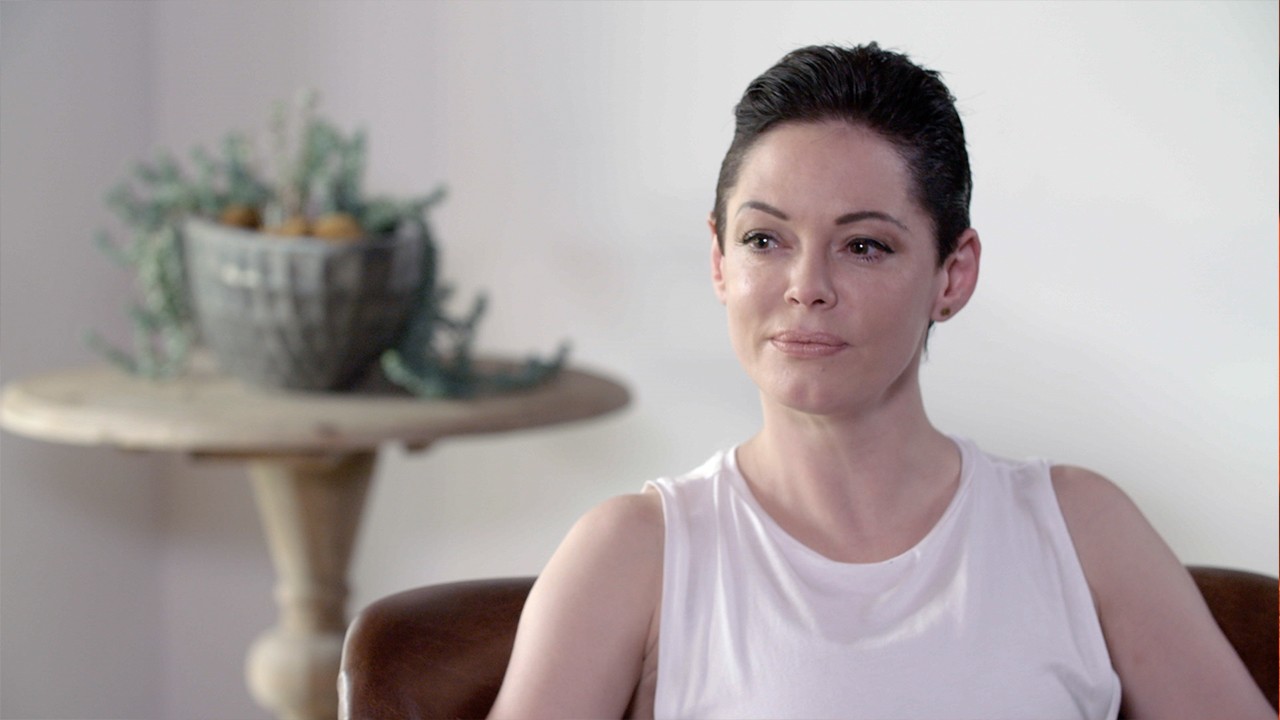In Oregon, anyone under the age of 18 is considered incapable of giving consent to sexual activities. But, as one high school junior recently wrote in a letter to her school district's superintendent, underage consensual sex can be compared to jaywalking."We understand that the law for age of consent is at least 18," Angel Hudson, an eleventh grader at McNary High School in Salem, Oregon, shared in an online petition. "But we also understand that jaywalking is illegal, and everyone still does that. It's a matter that occurs far too often to arrest every single jaywalker."But last month, Hudson and other students in the Salem-Keizer school district learned that teachers and school employees are required to report students to law enforcement or state officials if they find out they're sexually active.According to the Statesman-Journal, the requirement, which falls under the state's mandatory reporting and child abuse laws, has recently garnered criticism after the district sent out a presentation in October clarifying when an employee must contact the Department of Health Services or law enforcement. Among the examples offered were when a 15-year-old inquires about birth control options because she's having sex with her boyfriend; a 14-year-old gay student confides he's been kicked out of his home, and during the conversation admits he's been intimate with another student; and hearing a rumor that two people hooked up at a party.School employees are also required to report their own children if they discover they're engaging in sexual activities. Lillian Govus, a spokeswoman for the school district, told the Statesman-Journal, "It's criminal not to report. People's careers are at stake here." None of the surrounding school districts, the Statesman-Journal reports, go as far as Salem-Keizer does.

After a report has been filed, it's ultimately up to the state to the decide what happens next, Govus told KATU2. "They may not take any action on it at all. They may go do a site visit. Or they may do a further investigation."Chitra Panjabi is the president and CEO of Sexuality Information and Education Council of the United States (SIECUS). She says the problem with implementing a mandatory reporting policy in the way this school district has chosen to do so is that it creates an environment that discourages young people from talking to teachers they may consider a trusted adult. "One of the things we often talk about when we talk about sex ed is that parents and trusted adults are really the first line of educators for young people when it comes to their values, their thoughts, their ideas about sexual activity," she tells Broadly. "We want them to have all of the information and education they need to make the right kinds of decisions about how they want to conduct themselves, whether that has to do with their health and well-being or about whether to engage in sexual activity.""If there's mandatory reporting with consensual sexual activity between two young adults who are in the same school or classroom," Panjabi continues, "that creates a culture where we're potentially criminalizing consensual sexual activity for young people. It creates this environment where young people feel like, 'Oh my god, I can't talk about the fact that I might be engaging in sexual activity; I could get myself into trouble and I could get someone else into trouble."That's really a problem considering the data, Panjabi says. According to the latest research from the CDC, 41 percent of high school students have engaged in some kind of sexual activity. "We know young people are having sex, so creating environments like this doesn't really allow them to be able to talk about any challenges they may have." That includes issues of assault, violence, and consent, she adds.
Advertisement

After a report has been filed, it's ultimately up to the state to the decide what happens next, Govus told KATU2. "They may not take any action on it at all. They may go do a site visit. Or they may do a further investigation."
Advertisement
Not everyone can go to their parents or family members with questions about healthy sexual development and their exploration of sexual activity, she says, because they may come from religious or conservative households. "The most important thing at the end of the day is that we're supporting young people in making healthy decisions and choices for themselves. What I worry about with things like this is that we're actually shutting down the kind of environment that young people need and feel comfortable to be able to have these conversations.""We are losing our trust in the district that is supposed to help us grow into the adults."
Two weeks ago, McNary High junior Kimberly Schott started an online petition calling for the school board to reconsider its interpretation of the state's mandatory reporting law. She also organized a protest in downtown Salem to call attention to the issue. She told Keizertimes: "The district wants a safe, healthy environment, but I don't feel safe if I can't talk about some of these issues without getting reported. …. We are losing our trust in the district that is supposed to help us grow into the adults."
